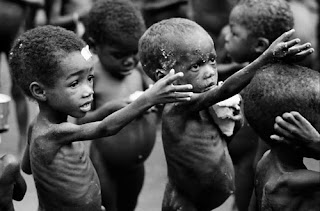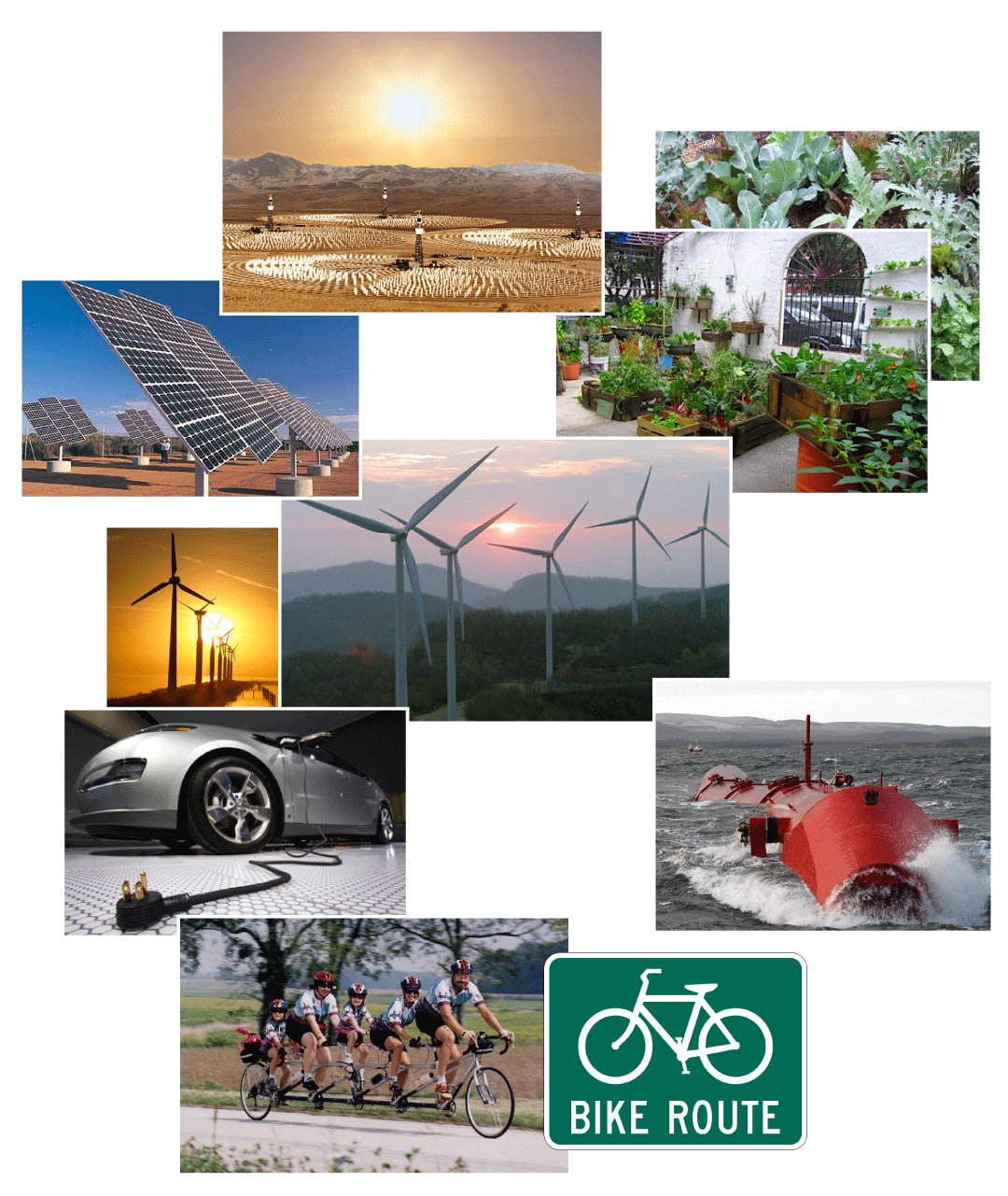
"One truly effective moment of environmental education occurred on an afternoon hike. I was guiding a group of six boys to an alpine lake were we were going to be spending the night. One particular boy kept wandering off the trail in search of “the perfect walking stick”. I had to continually remind him of the importance to stay on the trail. “We are all going to the same lake, I promise I’m not going to get lost Ian.” It was instantly obvious to me that he missed the point entirely. “Jake, that’s not the only reason we use trails.”
I quickly searched for a proper example to illustrate a very important point. I caught sight of a bird that flew into an opening in a nearby bush. “Come here boys, you all need to see this.” While pointing to the area off the trail where two separate bushes of the same species were growing, I explained that the birds were living inside of the larger one. They all watched carefully until a bright yellow bird made itself visible in the opening. All six of the boys became instantly fixated on the activities of this one creature. We observed as it came in and out of the opening, and then flew off to find either food or something useful for its home.
“You see the smaller bush on the right? This one is going to grow into a bush large enough to be the home for birds like these ones, or possibly food for a family of deer. “ I explained why we want to stay on the trail, and not crush the nature around us, like a this smaller bush. Everywhere we step can have an unseen impact on the ecosystem.
Needless to say, the boys stepped lightly for the rest of our journey. They were instantly more observant of the forest around them. We spent the night watching, wondering, and sharing what we could find in this vast new environment. I had now planted seeds of my own, and these boys would hopefully share what they had learned with their friends and family.
There are some serious issues going on with our planet. Let's face the facts:
Look Closely.
20% of the world's population consumes 80% of its resources
5,000 people a day die because of dirty drinking water
1 billion people have no access to safe drinking water.
Nearly 1 billion people are going hungry.
Over 50% of grain traded around the world is used for animal feed or biofuels.
40% of arable land has suffered long term damage.
Every year, 13 million hectares of forest disappear.
One mammal in 4, one bird in 8, one amphibian in 3 are threatened with extinction.
Species are dying out at a rhythm 1,000 times faster than the natural rate.
Three quarters of fishing grounds are exhausted, depleted or in dangerous decline.
The average temperature of the last 15 years have been the highest ever recorded.
The ice cap is 40% thinner than 40 years ago.
There may be at least 200 million climate refugees by 2050.
We need to face these facts. Running from these problems will not do us any good.
REALITY:
[CLICK HERE] To watch the powerful documentary "HOME" free on Youtube and witness the beauty and complexity of our home and planet.
"There are times that I wish that I could escape the carbon fumes of the city and just bunk up in the mountains, hobo style. Not to claim that I’m your typical social outcast with some extreme introvert tendencies, I’m just often over-stimulated by the American lifestyle and the implications it has on our environment. With every SUV that passes my bike on the street, spewing carbon dioxide from the exhaust pipe, the idea of hiding out in a cabin deep in the forest seems more and more realistic. But doesn’t hiding form the problem always sound like an easy way out? Unfortunately, this method never leads to a realistic solution. "
"With our suffering economy, money will always be on the mind of families. Many “green” options can be expensive, and not everyone has a budget that could support the purchase of a new hybrid vehicle. In my exploration of sustainability, I have found that cost does not really need to be a problem. For example, Boise has an incredible recycling system that is easy for everyone to use. Bike lanes have been added to our streets and more bike parking has been added to the Boise State University campus. The Boise Bike project offers programs that can educate people about bikes and make them available and affordable to everyone. As a biker, I save a large amount of money by not paying for gas or parking. This is a luxury that anyone can share.
Gardening is also a sustainable practice that is not strictly available to those whom can afford it. Soil, seeds, and fertilizer are always available at low costs and don’t need to be purchased every season when good methods are used. Gardening is also very easy; there a endless number of websites and journals that can offer tips and suggestions to someone that has no knowledge of gardening. Community gardens are also a great way to share ideas, get involved, and also feed your household. The benefits of gardening seem almost limitless."
There are many forms of renewable energies available, we just need to take advantage of them.
WIND.
SOLAR.
HYDRO.
Look Closely.
Learn. GROW. CHANGE.



















No comments:
Post a Comment